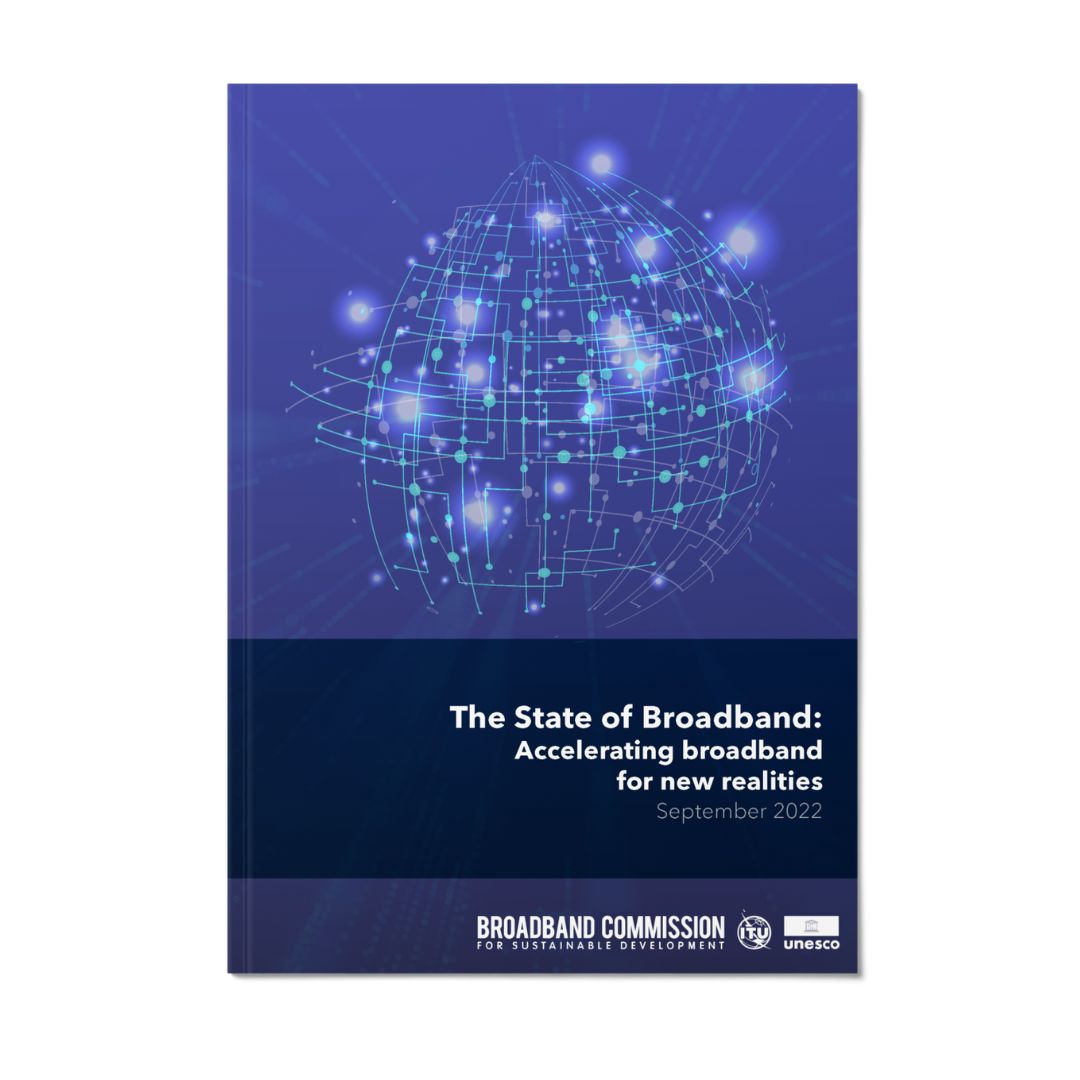Ghana considers broadband connectivity a basic necessity of life in the 21st century. With about 30 per cent of Ghana’s population living in unconnected rural areas, the Government of Ghana has complemented the universal access fund with a EUR 155 million facility in the deployment of 2 016 sites offering voice and data roaming services to all subscribers irrespective of their service provider. A similar EUR 155 million government investment is expected from 2024 when the initial deployments are completed to reduce the digital divide between urban and rural communities. Beyond this, there is a smart devices affordability gap for many citizens who cannot access broadband services. Ghana supported the creation and participated in the Broadband Commission Working Group on Smart Devices.
Ghana is committed to improving digital literacy, especially bridging the gender digital divide. Ghana, in partnership with ITU, the Norwegian Agency for Development Cooperation (NORAD) and Cisco, is pursuing the Digital Transformation Centres (DTC) programs to train over 14 000 people such as school children, youth, women entrepreneurs, teachers, and software developers from basic to advanced digital skills by 2023.
Also, Ghana, in partnership with Smart Africa, the German Agency for International Cooperation (GIZ) and the World Bank, is expected to train over 22 000 people made of policy- and decisionmakers, specialized groups, teachers, and youth by 2024. Besides this, with other partners’ support, Ghana has upscaled from the annual training of 1 000 to 5 000 Girls in ICT this year. The girls and ladies drawn from the basic, secondary, and tertiary levels are trained to become solution providers and innovators able to use technology to solve socio-economic problems.
Further, Ghana has committed USD 2.6 million to establish two additional innovation centres and train 3 000 people by 2024. Relatedly, the Digital Ghana agenda offers public and private services to the homes of citizens irrespective of location through digital platforms such as the Ghana.Gov portal to reduce travel time, provide efficient services and enhance transparency. As of January 2022, 38.9 per cent of the population aged 15 years and older had a mobile money account in Ghana. Currently there is registration of telecom subscribers with national biometric identities to prevent impersonation and reduce telecom/ICT crimes in the sector to strengthen trust in mobile money services.


